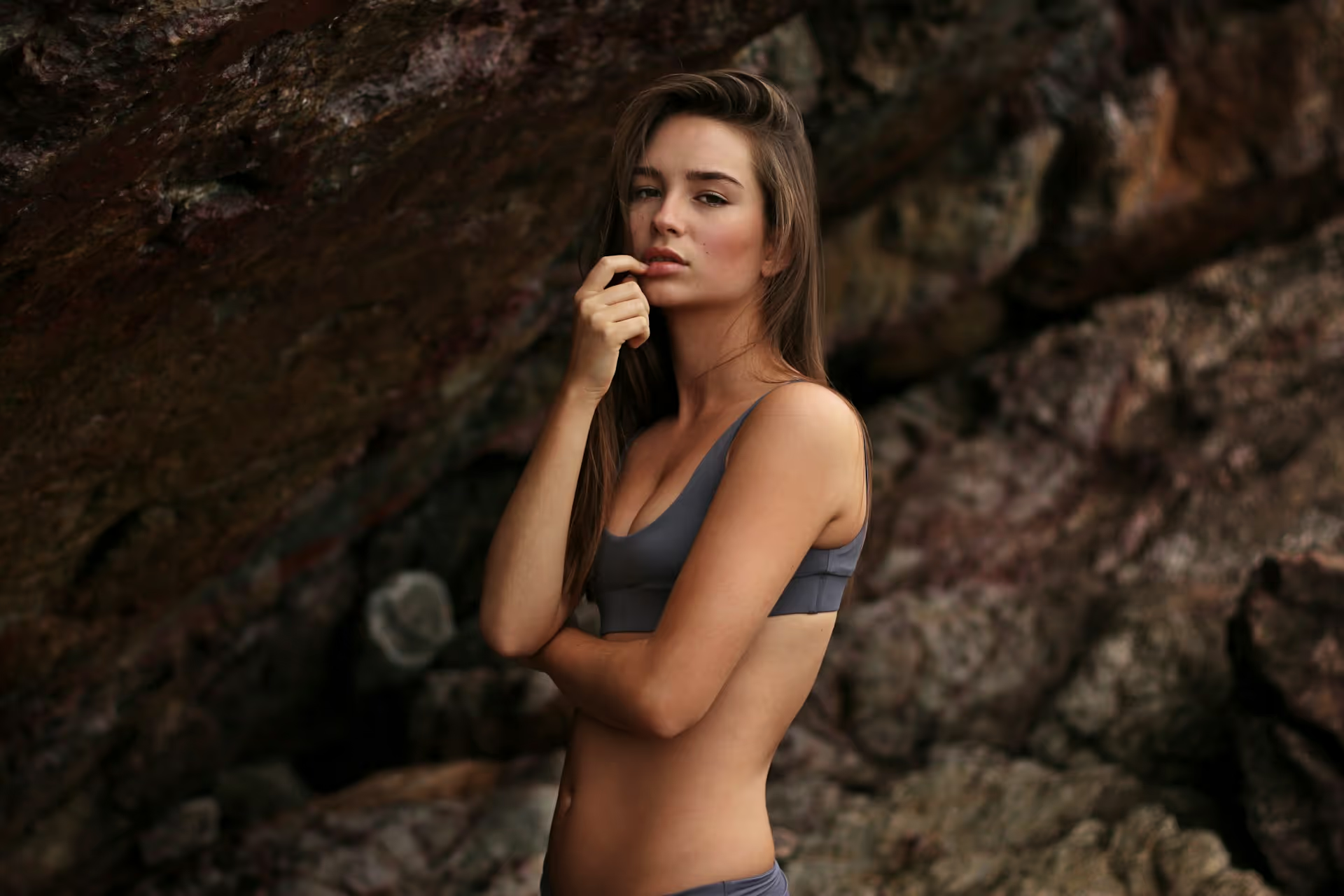Is Barbour Fast Fashion? How Ethical & Sustainable is Barbour

No, Barbour is not a fast fashion brand. Founded in 1894, its business model is built on heritage, quality, and durability, a direct contrast to the rapid, trend-driven production of modern fast fashion. Its commitment to classic design and long-lasting waxed cotton jackets places it in the premium outerwear category.
While Barbour's ethical standards are rooted in its UK and European manufacturing, it lacks the full transparency and certifications of leading ethical brands. Its sustainability initiatives are anchored by its famous repair services, though its use of sustainable materials and environmental reporting could be improved. Here's a closer look at what you need to know about Barbour's practices.
Why Barbour Isn't Fast Fashion
Barbour operates on a traditional, quality-focused model that prioritizes longevity over fleeting trends. Several key characteristics distinguish it from the fast fashion industry.
- Timeless Design & Seasonal Releases: Barbour focuses on classic, heritage-inspired styles that are meant to be worn for decades, not just a single season. The company releases new products seasonally rather than dropping thousands of new trend-based styles every week.
- Premium Pricing & Quality: With waxed jackets priced between $200 and $400, Barbour's cost reflects higher quality materials, UK-based craftsmanship, and construction designed for longevity. This pricing model encourages investment in a piece, not disposable consumption.
- Emphasis on Durability & Repairs: Barbour's entire brand identity is built on creating products that last. It actively promotes the repair and re-waxing of its jackets, extending their lifespan significantly and directly opposing the throwaway culture of fast fashion.
- Regional Manufacturing: A significant portion of its iconic jackets are manufactured in the UK and other European countries with stricter labor regulations. This differs dramatically from the low-cost country sourcing typical of fast fashion giants.
- Authentic Design Focus: Barbour's designs are original and rooted in its long history. The company doesn't replicate fleeting runway or social media trends, a core tenet of the fast fashion business model.
Is Barbour Ethical?
Barbour demonstrates respectable ethical standards due to its regional manufacturing base, but it falls short on transparency and lacks key third-party certifications.
Labor Practices
Most of Barbour’s iconic outerwear is made in the UK and Europe, regions with robust labor laws that protect worker rights and ensure minimum wage standards. Conditions in its UK factories are well-regulated. While this is a positive, the brand does not publish detailed information about wages in its supply chain or confirm if it pays a certified living wage. It also does not disclose results from third-party audits like Fair Trade or SA8000.
Supply Chain Transparency
Barbour offers some insight into its manufacturing locations but does not provide a public list of its suppliers or detailed audit results. Organizations like Fashion Revolution have given the brand moderate transparency ratings, acknowledging its efforts while highlighting a need for greater disclosure to fully empower consumers and hold suppliers accountable.
Animal Welfare
Barbour uses animal-derived materials, including wool and leather, which it says are sourced from European suppliers adhering to EU regulations. However, it lacks specific certifications like the Responsible Wool Standard (RWS) to independently verify these claims. The company does not use fur or exotic skins, and there is no evidence of animal testing.
